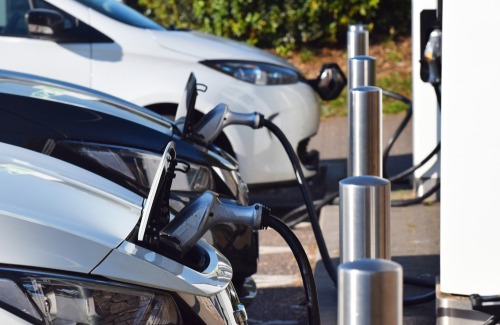
The Alliance for Automotive Innovation and the Motor & Equipment Manufacturers Association recently sent a letter to congressional leaders and President Joe Biden to re-affirm their commitment toward a net-zero carbon transportation future.
The organizations listed three key areas that are critical for success: charging and refueling infrastructure; consumer incentives and awareness; and innovation, manufacturing, and supply chain security.
By 2023, automakers and suppliers will have invested more than $250 billion in electrification. This includes fuel-cell electric vehicles, battery electric vehicles, and plug-in hybrid vehicles.
Currently, only 1.5 million of the nation’s registered light-duty vehicles are electric vehicles, and they comprised approximately two percent of new vehicle sales in 2020.
The organizations are prepared to work with the Biden administration to create a cleaner future for motor vehicle transportation. To achieve this future, a holistic approach must be taken that includes regulatory policies and legislation based on environmental, social, economic, and cultural realities.
States and localities must also work to support the increased adoption of zero emission transportation through the use of high-occupancy vehicle lanes, charging options, purchase/lease incentives, and other methods.
A net-zero carbon transportation future is about economic security, global competitiveness, and the transition of the U.S. workforce, not the auto industry.